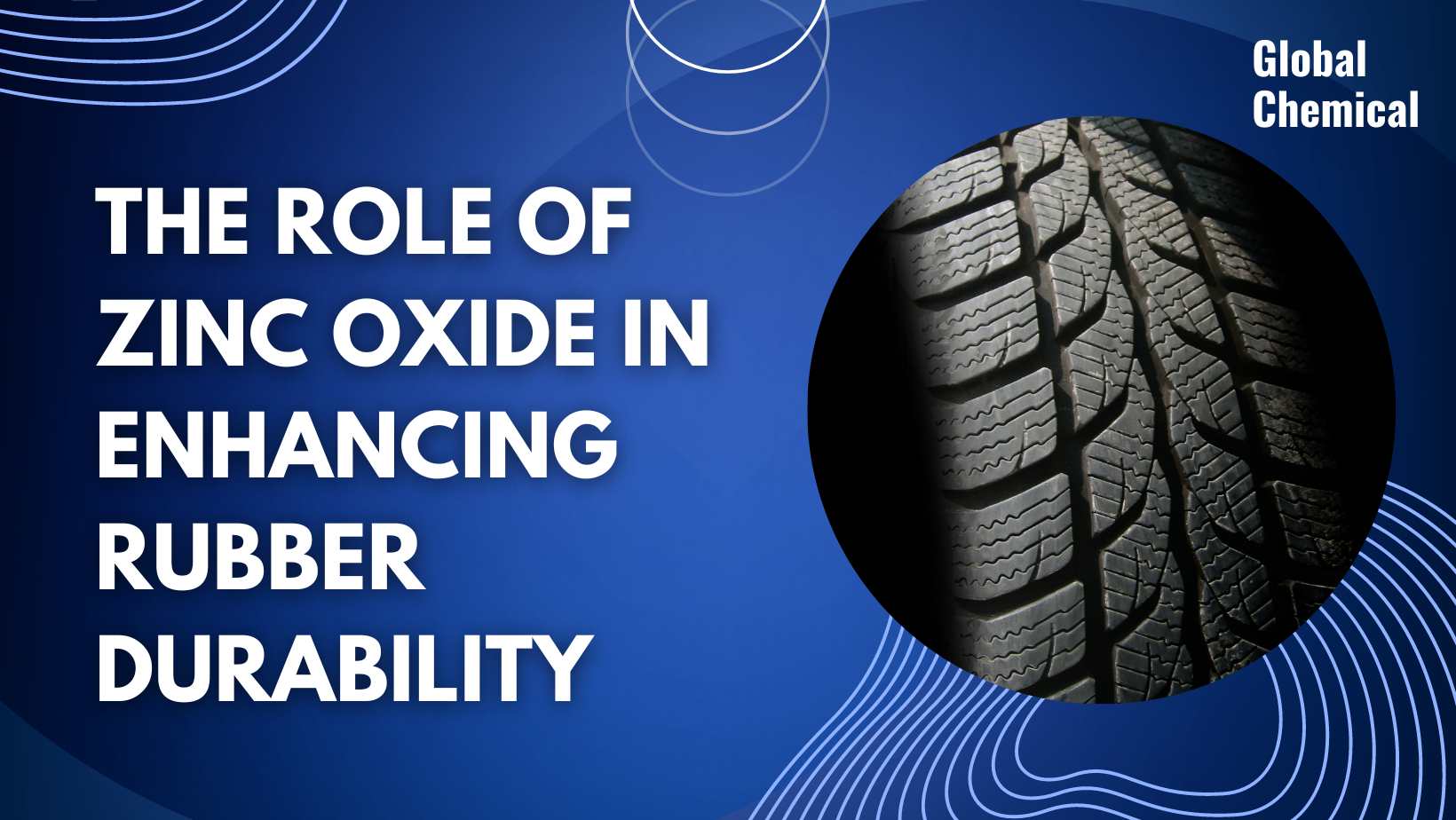
Introduction
Rubber is a versatile material used in various industries due to its unique properties. Whether it’s in automotive parts, industrial machinery, or consumer products, durability is a key factor in determining the quality and performance of rubber products. One critical ingredient that plays a crucial role in enhancing rubber durability is zinc oxide. In this article, we will explore how zinc oxide serves as a critical ingredient in rubber manufacturing, improving the durability and lifespan of rubber products.
Understanding Rubber Durability
Rubber durability refers to the ability of rubber materials to withstand wear, tear, and deformation over time. It is essential for ensuring the longevity and reliability of rubber products. Factors such as environmental conditions, exposure to chemicals, and usage patterns can significantly affect the durability of rubber.
The Function of Zinc Oxide in Rubber Manufacturing
Zinc oxide is widely recognized as a vital component in rubber manufacturing. Its primary function lies in reinforcing rubber compounds, enhancing their strength and resilience. When added to rubber formulations, zinc oxide acts as a reinforcing agent, creating strong bonds within the rubber matrix. This reinforcement helps to improve the overall durability of rubber products.
Crosslinking and Vulcanization
One of the key ways zinc oxide enhances rubber durability is through crosslinking and vulcanization processes. During rubber manufacturing, crosslinking refers to the formation of chemical bonds between polymer chains. Zinc oxide acts as a catalyst, facilitating crosslinking reactions and enabling the formation of a strong, interconnected network within the rubber material. This network of crosslinked bonds enhances the strength and durability of the rubber.
Heat Resistance and Oxidation Protection
Heat resistance is another critical aspect of rubber durability. Rubber products are often exposed to high temperatures, which can cause them to degrade and lose their properties. Zinc oxide plays a crucial role in improving the heat resistance of rubber materials. It acts as a heat stabilizer, helping rubber withstand elevated temperatures without significant degradation. Additionally, zinc oxide provides protection against oxidation, which can lead to premature aging and deterioration of rubber.
UV Stabilization
Exposure to ultraviolet (UV) radiation from sunlight can have detrimental effects on rubber products, causing them to crack, fade, or become brittle over time. Zinc oxide acts as a UV stabilizer in rubber manufacturing, offering protection against UV radiation. It absorbs and dissipates UV rays, preventing them from damaging the rubber material. This UV stabilization helps to preserve the integrity and durability of rubber products, particularly those exposed to outdoor environments.
Impact on Longevity and Lifespan
By enhancing the durability of rubber, zinc oxide significantly contributes to the longevity and lifespan of rubber products. Rubber materials reinforced with zinc oxide exhibit improved resistance to wear, tear, and deformation, leading to extended product lifecycles. This enhanced durability not only increases the reliability of rubber products but also reduces maintenance and replacement costs in various industries.
Innovations and Future Directions
Researchers and manufacturers continue to explore new advancements and applications of zinc oxide in rubber manufacturing. Ongoing research aims to further optimize the properties of zinc oxide, such as its dispersion, reactivity, and compatibility with different rubber formulations. These innovations hold the promise of even greater improvements in rubber durability and performance. At Glochem we keep up with these industry advances to provide the latest and best product available for companies looking for zinc oxide suppliers.
Conclusion
Zinc oxide plays a vital role in enhancing the durability of rubber products. Through its contribution to reinforcing rubber compounds, facilitating crosslinking and vulcanization, improving heat resistance, providing UV stabilization, and protecting against oxidation, zinc oxide strengthens rubber materials and extends their lifespan. Manufacturers across industries can benefit from incorporating zinc oxide in their rubber formulations, ensuring the production of high-quality, durable, and reliable rubber products. By considering zinc oxide as a critical ingredient, businesses can enhance customer satisfaction, reduce costs, and contribute to a more sustainable future.
